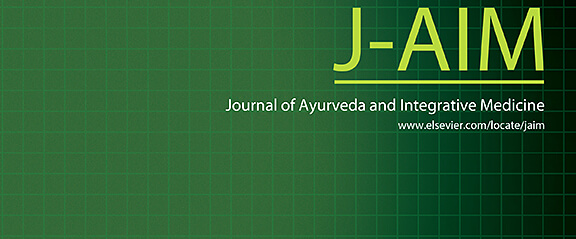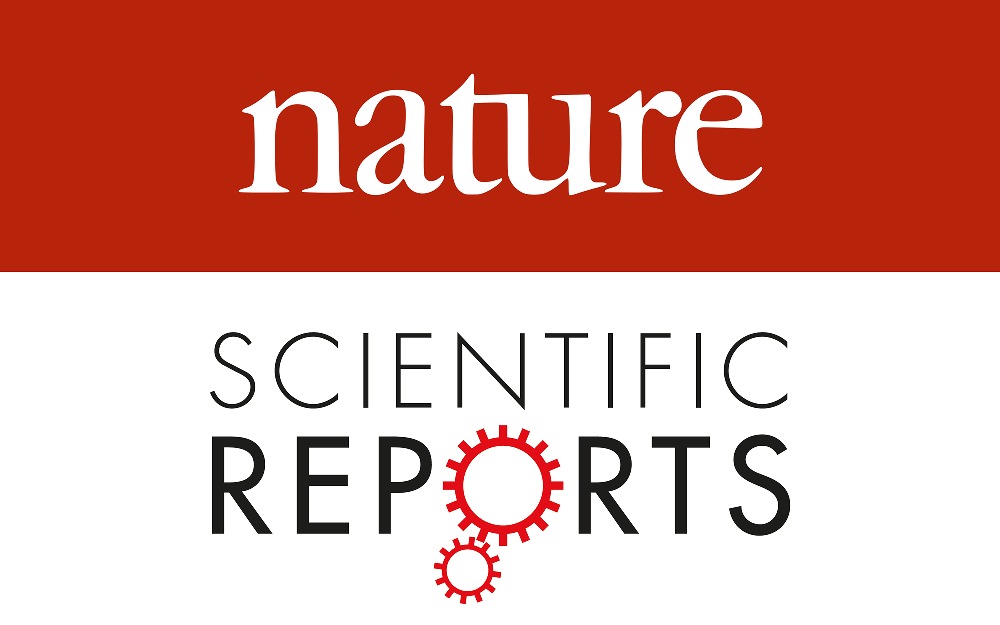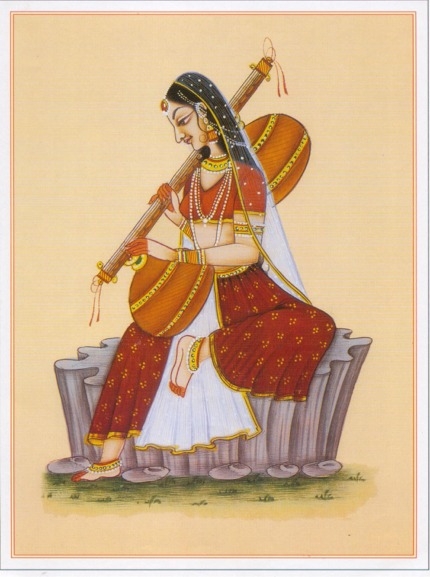Bhalerao S, Deshpande T, Thatte U. Prakriti (Ayurvedic concept of constitution) and variations in platelet aggregation. BMC Complement Altern Med. 2012 Dec 10;12:248. doi: 10.1186/1472-6882-12-248. PMID: 23228069; PMCID: PMC3562518.
Abstract
Background: Ayurveda, the Indian traditional system of medicine describes a unique concept "prakriti", genetically determined, categorising the population into several subgroups based on phenotypic characters like appearance, temperament and habits. The concept is claimed to be useful in predicting an individual's susceptibility to a particular disease, prognosis of that illness and selection of therapy. The present study was carried out to study if the platelet aggregatory response and its inhibition by aspirin varied in the different prakriti subtypes.
Methods: After obtaining Institutional Ethics Committee permission, normal healthy individuals of either sex between the age group 18 to 30 years were recruited in the study. Their prakriti evaluation was done using a standardized validated questionnaire (TNMC Prakriti 2004). Their Platelet Rich Plasma was incubated with either aspirin [2.5micro-mole (muM) and 5muM] or distilled water as control for three minutes after which the aggregatory response to 5muM Adenosine Diphosphate (ADP) was measured over a period of 7 minutes.
Results: We observed that in the study population of normal healthy participants (n= 137), ADP-induced maximal platelet aggregation (MPA) was highest among the Vata-pitta prakriti individuals [Median (range), 83.33% (52.33-96)] as compared to the other prakriti types and these individuals responded better to lower dose of aspirin compared to other prakriti types.
Conclusions: Our results suggest that identifying the prakriti may help in individualising therapy or predicting proneness to a disease.
Prakriti (Concetto Ayurvedico di Costituzione) e variazioni dell’aggregazione piastrinica
Bhalerao S, Deshpande T, Thatte U. Prakriti (Ayurvedic concept of constitution) and variations in platelet aggregation. BMC Complement Altern Med. 2012 Dec 10;12:248. doi: 10.1186/1472-6882-12-248. PMID: 23228069; PMCID: PMC3562518.
Abstract
Background: Āyurveda, il sistema di medicina tradizionale indiana, descrive il singolare concetto di "prakriti", geneticamente determinato, che permette la categorizzazione della popolazione in diversi sottogruppi basati su caratteristiche fenotipiche come l’aspetto, il temperamento e le abitudini. Il Concetto è ritenuto utile per la predizione della suscettibilità individuale a particolari malattie, della loro prognosi e per la selezione della terapia adeguata. Il presente studio è stato effettuato per verificare se la risposta di aggregazione piastrinica e la sua inibizione da parte dell’aspirina varia nei diversi subtipi di prakriti.
Metodi: Dopo aver ottenuto il parere positivo dal Comitato Etico, sono stati reclutati per questudio individui sani di entrambi i sessi di età compresa fra 18 e 30 anni. La loro prakriti è stata determinata utilizzando un questionario standardizzato e validato (TNMC Prakriti 2004). Il loro plasma arricchito di piastrine è stato incubato con aspirina [2.5micro-mole (muM) and 5muM] o acqua distillata come controllo per tre minuti dopo di che la risposta di aggregazione è stata misurata con 5muM Adenosine Diphosphate (ADP) per un periodo di 7 minuti.
Risultati: Abbiamo osservato che nella popolazione di individui normali dello studio (n= 137), la massima risposta aggregativa delle piastrine (MPA) indotta da ADP era più alta nella prakriti Vata-pitta [Median (range), 83.33% (52.33-96)] se confrontata con le altre tipologie di prakriti,e che questi individui rispondevano meglio ad una dose più bassa di aspirina in relazione alle altre tipologie di prakriti.
Conclusioni: I nostri risultati suggeriscono che l’identificazione della prakriti può aiutare alla determinazione della terapia più idonea nonchè alla predisposizione a particolari tipi di malattie.


 Association of constitutional type of Ayurveda with cardiovascular risk factors, infiammatory markers and insulin resistance
Association of constitutional type of Ayurveda with cardiovascular risk factors, infiammatory markers and insulin resistance L'Analisi Genomica Completa correla con la Prakriti dell'Āyurveda
L'Analisi Genomica Completa correla con la Prakriti dell'Āyurveda Il concetto di Prakriti in Āyurveda ed il costrutto occidentale di personalità: uno studio pilota comparato
Il concetto di Prakriti in Āyurveda ed il costrutto occidentale di personalità: uno studio pilota comparato